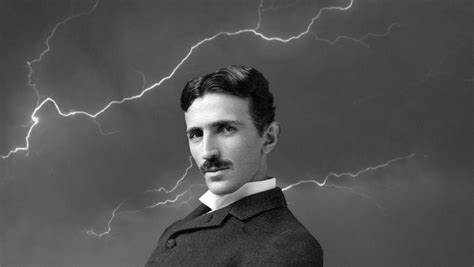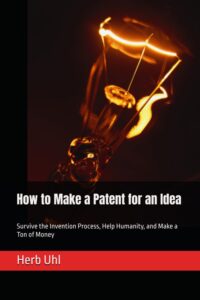Nikola Tesla, a visionary inventor, never compromised his principles, even when faced with the prevailing opinions of scholastic bureaucrats. As a 28-year-old student, Tesla embarked on developing an alternating current (AC) electrical generator while his professor struggled to perfect a direct current (DC) generator. Despite his instructor’s flawed mathematics, Tesla persevered, working for six years to rectify these errors and correct his professor’s trigonometry.
The rigid academic rule forbidding students from challenging an instructor’s formula was rooted in a potential monetary conflict; if a student fixed a critical flaw, they could claim a share in the invention. Tesla’s professor belittled him, prompting Tesla to leave the Poly Tech Institute. With support from a well-off friend, Tesla moved to Budapest to work on his AC formula.
At 25, Tesla, recovering from a nervous breakdown, had an epiphany while walking through a park in Budapest. He suddenly visualized the concept of an AC generator and sketched a rudimentary design in the dirt. This moment marked the beginning of his groundbreaking work in alternating current.
By June 6, 1884, just before his 28th birthday, Tesla boarded a freighter to New York armed with a letter of introduction to Thomas Edison from Charles Batchelor, a former Edison Electric employee. The letter read, “My Dear Edison, I know two great men. You are one of them. The other is this young man.” Despite arriving with only four cents in his pocket, Tesla managed to secure a meeting with the skeptical Edison by mentioning his expertise in alternating current.
After a half-hour discussion, Edison, who was then using direct current for his electric light bulbs, realized Tesla’s potential. He verbally promised Tesla $50,000 to upgrade his DC plants to AC. Within months, Tesla completed the task, but when he approached Edison for payment, Edison reneged, stating that Tesla would eventually understand the “American joke” of the empty promise.
Tesla’s lawyer explained the critical lesson: a handshake isn’t enough in business, especially in America. “In this country,” the lawyer said, “you don’t ever conduct business without securing a signed contract spelling out all the terms, conditions, amount of money to be paid, and the conditions under which those funds are earned. You always have the deal signed by all parties to the agreement.”
The lawyer’s advice was clear and timeless: without a written, signed, and witnessed contract, even the most innovative and hardworking individuals are vulnerable to exploitation. The lack of a formal agreement cost Tesla dearly, highlighting the essential role of contracts in protecting inventors and ensuring they receive fair compensation for their contributions.
Tesla’s experience serves as a powerful reminder for all inventors and innovators: always secure a contract to safeguard your interests and your inventions. Contracts are not merely formalities; they are fundamental to ensuring justice and recognition in the competitive world of business and innovation.

